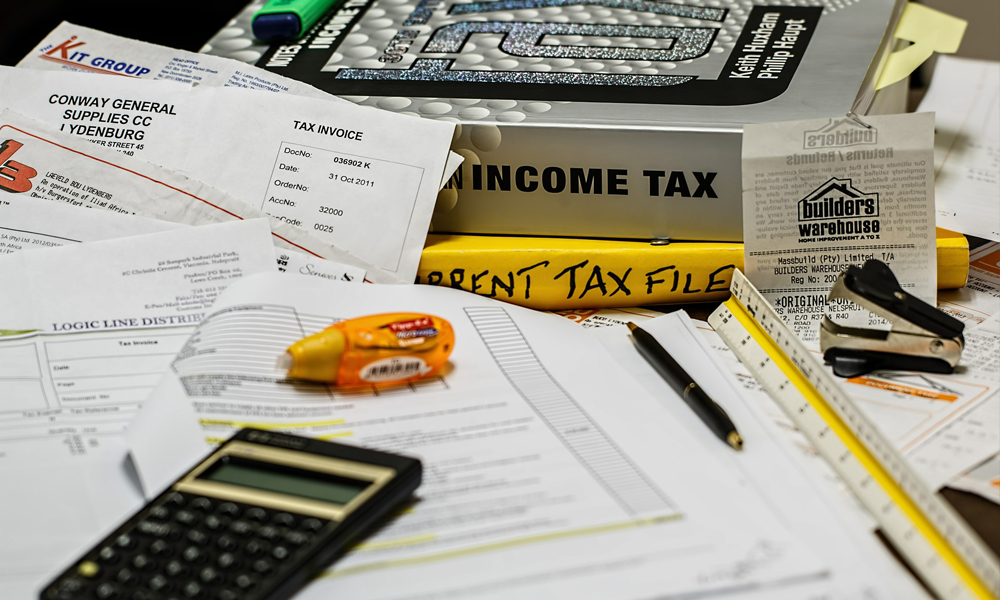Industry experts have said that residents and companies must be prepared for new direct and indirect taxes that are expected to be levied in the near to medium future, as oil prices remain low, according to a report published by Khaleej Times (KT).
Tax experts in the region have confirmed to the daily that new taxes are expected to be applied on wealth and property, as well on businesses. Moreover, new taxes will be implemented in phases, with income tax cited to be at the far end of the plan.
Dr Rasheed Al Qenae, head of tax at KPMG Middle East and South Asia and managing partner at KPMG Kuwait, in an interview with KT said: “Looking at the budgets and oil prices, GCC governments will have to introduce new taxes but they cannot bundle it in one go. They have to break down slowly. For example, in Kuwait, they mentioned about corporate tax and then on the far end it will be income tax.”
Al Qenae further added: “In 10 years, we expect wealth, property and asset taxes can be levied in the region because it is not that the governments want to impose but because they will have to. They will come gradually and take time. Now governments are focused on introducing value-added tax across region. Once that is stabilised, they will think about others.”
He said the GCC region is at the elementary stage of tax education and the governments will have to look at other sources of funds meanwhile, luxury tax could also be introduced in the medium term.
According to an EY report, indirect taxes are not new to the region. 2017 saw the initial stages of the progressive introduction of excise tax on selected goods in the region, while 2018 marked the start of VAT (value-added tax) in many of the same regions.
EY predicts that GCC member states that have not introduced both taxes will follow suit in due course.
Moreover, Khalid Ali Al Bustani, Director-General of the Federal Tax Authority (FTA) in the UAE talked about expanding the scope of excise tax, in line with the UAE leadership’s vision to build a safe, healthy community by curbing the consumption of harmful products and diversifying sources of income.
The decision goes into effect on 1st December, 2019, expanding the list of goods subject to excise tax to include sweetened drinks, electronic smoking devices and tools, and the liquids used in these devices, which will be added to the items that have carried the tax since it first went into effect on 1st October, 2017, namely, tobacco and tobacco products, energy drinks, and carbonated beverages, according to a report by state news agency, WAM.
Meanwhile, Rajiv Hira, director at RHMC Management Consultants stated to KT that in terms of direct tax, federal level corporate income distribution tax – i.e. tax on distribution of income/profit, dividend, etc – could be levied in the UAE with a larger and expanded tax base.
He said: “Corporate tax creates a stagnant source of income at the country level and facilitate in uplifting the compliance environment with international best practices. We should be expecting the rate of tax in the range of 5 to 10 per cent, to maintain the competitive advantage and also align with global environment for growth and sustainability.”
“In the space of indirect tax, we should be expecting an expansion of industry [based on global presence], for example, gaming, racing, exotic clubs, etc, and resultant expansion of sin tax on those products/services. It’s too early to say by when, however this is a balancing act of being global and connected with the roots,” he concluded.

